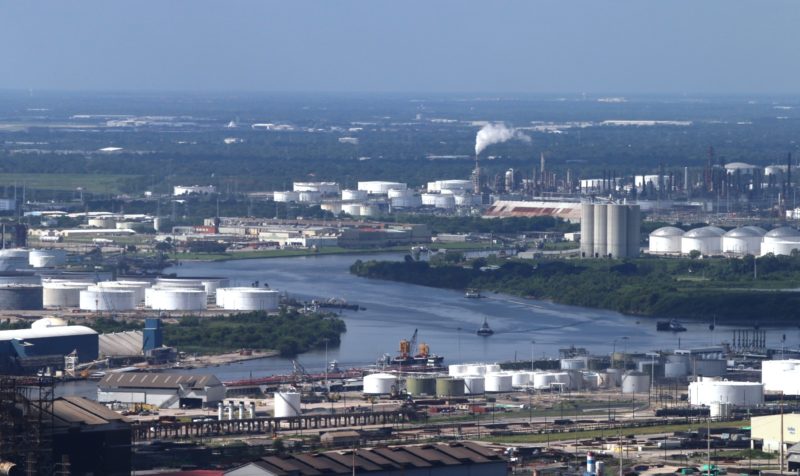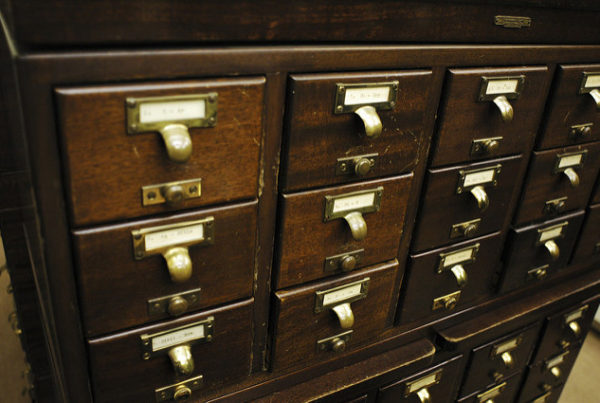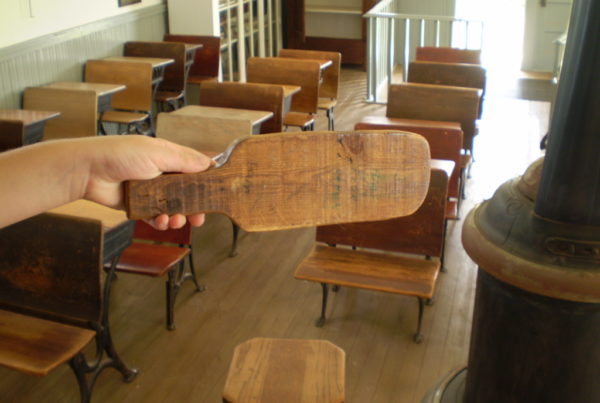From Houston Public Media:
Last year, in the Galveston County community of La Marque, Cheryl Farrell, and some of her neighbors wondered what had fallen from the sky.
“It was not like a talcum powder, it was grittier than a talcum powder. It was everywhere,” Farrell said of a white dust that fell on her neighborhood in January 2015. The dust was traced to a malfunction at a Marathon Petroleum refinery in Texas City which had released tons of dust up a smokestack.
By coincidence that same week in Torrance, California an explosion at an ExxonMobil oil refinery sent dust flying. Residents at a tense public meeting said it was like a storm, one saying “It snowed all over our city. And that’s toxic.” But what would make dust more than just a nuisance, why would it be toxic?
“This is something that is used in the making of gasoline and other petroleum products,” says Sam Atwood, media manager at the South Coast Air Quality Management District, the agency that enforces pollution laws in Southern California.
The dust he’s talking about is called catalyst dust. It’s not like household dirt. It’s particles of superfine silica that can be coated with toxic chemicals including heavy metals. Refineries and chemical plants use it to boost the quality of the petroleum product being made.
They use tons of it but under some environmental laws, they can be allowed to release only mere ounces an hour as air pollution.
“In fact there is a specific piece of air pollution control equipment that is required in order to control emissions of this catalyst dust,” Atwood said.
It’s been a concern in Texas, too.
“Catalyst dust can be a very serious pollutant,” said Jim Blackburn, an environmental lawyer in Houston.
A few years ago, Blackburn looked into concerns that a plant in Freeport that recycled catalyst powder had leaked dust. Blackburn said nearby residents wanted to know if they had breathed any of the dust that contained heavy metals.
“There was supposed to have been pollution control equipment that was operating. It was not operated properly,” Blackburn said.
The State of Texas levied a big fine but Blackburn did not sue, saying Texas civil liability laws make proving health damage to residents nearly impossible.


















